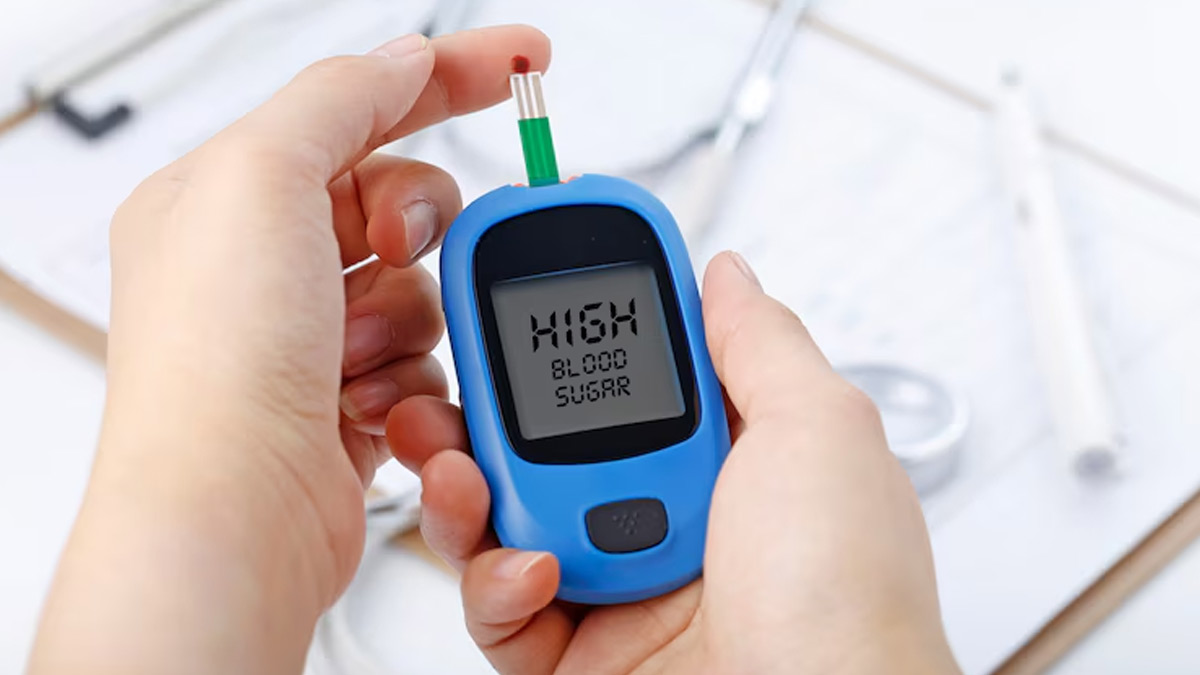In recent years, there has been growing interest and debates surrounding the possibility of reversing diabetes through lifestyle changes. While the concept may seem appealing, it is important to understand what it truly means to “reverse” diabetes and whether it’s genuinely achievable.
To shed light on this, insights from Dr Sharwari Sudhir Dabhade, Consultant Physician and Endocrinologist at the Poshan Summit 2024, helped in debunking myths and clarifying the realities of managing diabetes.
Understanding Diabetes
Diabetes, particularly type 2 diabetes, is a chronic condition characterised by the body’s inability to properly regulate blood sugar (glucose) levels. This happens due to insulin resistance or the pancreas not producing enough insulin, which is vital for the absorption of glucose by cells. In type 1 diabetes, the body’s immune system attacks insulin-producing cells in the pancreas. In either case, the inability to control glucose levels results in elevated blood sugar, which can have severe consequences if not managed properly.
Can Diabetes Be Reversed?
Dr Sharwari Dabhade points out that the concept of “reversing” diabetes is often used as a marketing gimmick. “There has been a lot of marketing where people are using this as a gimmick to reverse diabetes,” she explains. In reality, diabetes is a complex condition tied to the body’s fundamental ability to produce insulin, and reversing it entirely is a misleading claim.
“At the time of a diabetes diagnosis, the body has already lost about 50% of its ability to produce insulin,” Dr Dabhade adds. Once the body loses this capacity, it cannot regenerate those cells to function at their pre-diagnosis level. However, while total reversal is not possible, it is certainly possible to achieve “remission” with a disciplined lifestyle and careful management of the condition.
Also read: How Does Counting Glycaemic Index (GI) Of Foods Improve Diabetes Management
Lifestyle: The Cornerstone of Diabetes Management
“Lifestyle is first and foremost,” Dr Dabhade emphasises. For those diagnosed with diabetes, maintaining a healthy diet and staying physically active can significantly improve blood sugar levels and overall health. However, lifestyle management doesn’t equate to a complete reversal of diabetes.
Dr Dabhade is clear in her message: “You can control it, but you cannot go back to being normal and eat sweets. When people read about it being all normal again, it’s a big bubble bursting.” Essentially, while lifestyle changes such as improved diet, regular exercise, and weight loss can lead to long-term remission and improved insulin sensitivity, they do not “reverse” the condition in the sense that one can go back to their old eating habits or stop medications entirely.
Even when diabetes is well-controlled through lifestyle modifications, medications remain an essential part of the equation. “Even with medication, if we lose track of diet and lifestyle, you might not get better only due to drugs,” warns Dr Dabhade. Medications such as metformin, insulin, and others help manage blood sugar levels, but they are not a standalone solution. A comprehensive approach that combines medication with lifestyle changes is crucial for long-term success.

Also read: High Blood Sugar: How To Manage Blurry Vision Caused By Diabetes
Diabetes Remission
While the term “reversal” may not be accurate, achieving diabetes remission is a more realistic goal. Remission occurs when blood sugar levels are maintained within a healthy range without the need for medication. However, this requires a lifelong commitment to a balanced lifestyle, and even then, there is always the risk of relapse if unhealthy habits return.
Studies have shown that weight loss, particularly in people with type 2 diabetes, can lead to remission. Dr Dabhade supports this, stating that “with a good lifestyle, it’s possible to go into remission for sure but not reversal.” Maintaining this remission requires ongoing vigilance, including regular medical checkups, adherence to a healthy diet, and staying physically active.
Conclusion
In conclusion, while there is no cure for diabetes, lifestyle modifications can significantly improve the quality of life for individuals living with the condition. As Dr Sharwari Dabhade points out, diabetes is manageable, and remission is achievable, but the idea of completely reversing the condition is misleading. “Lifestyle is first and foremost,” she reminds us, and maintaining a balanced approach to diet, exercise, and medication can help keep diabetes under control.
